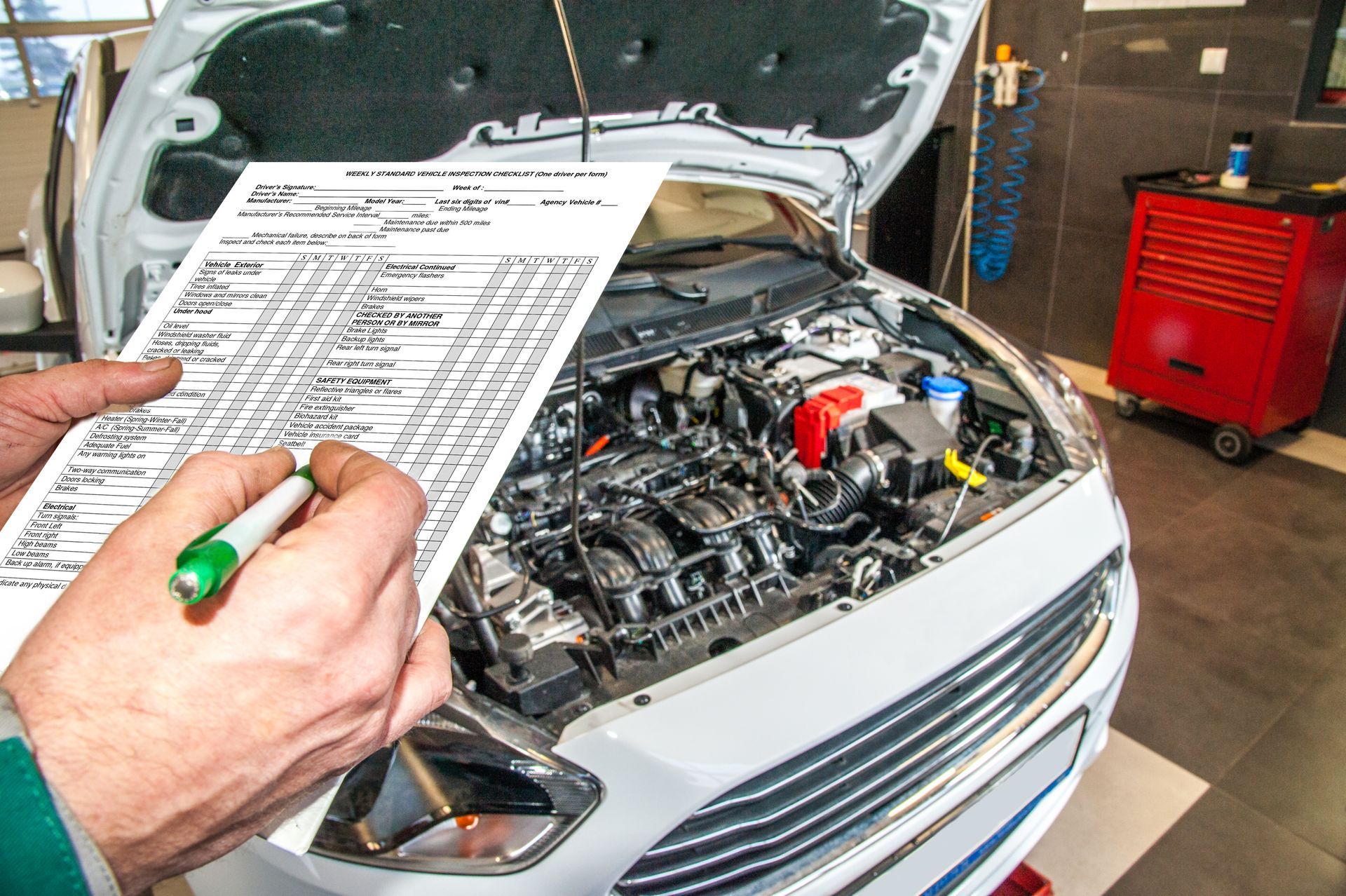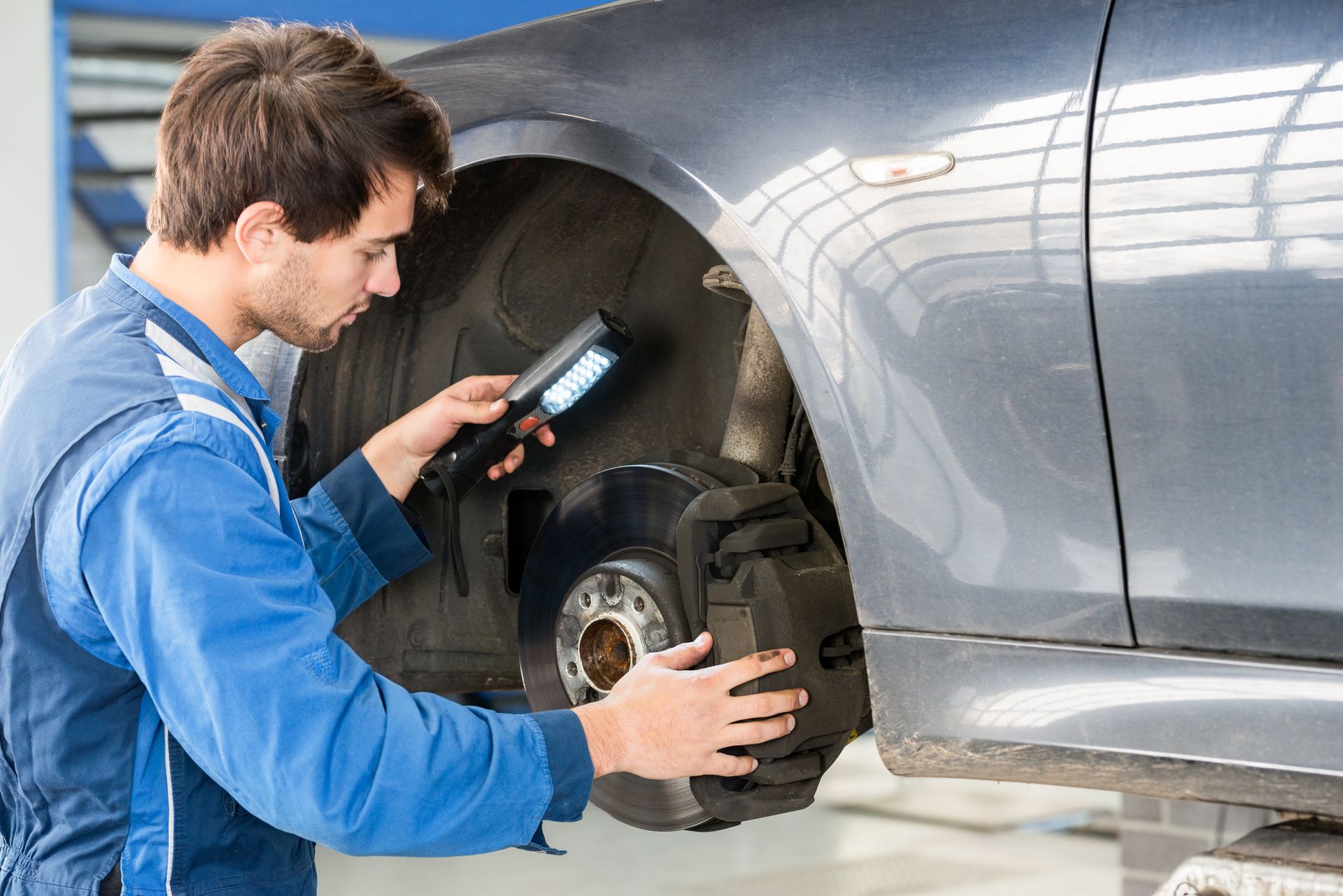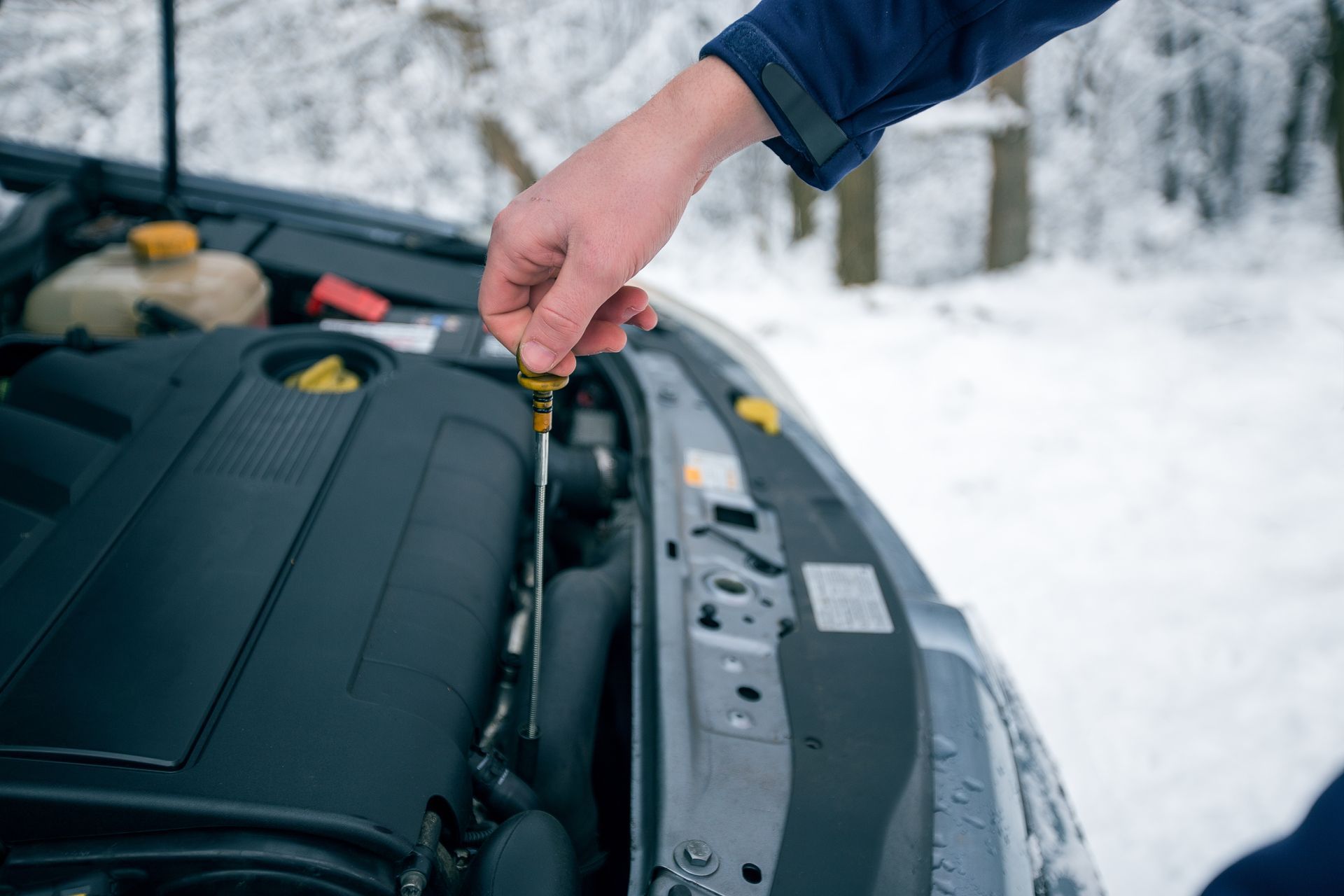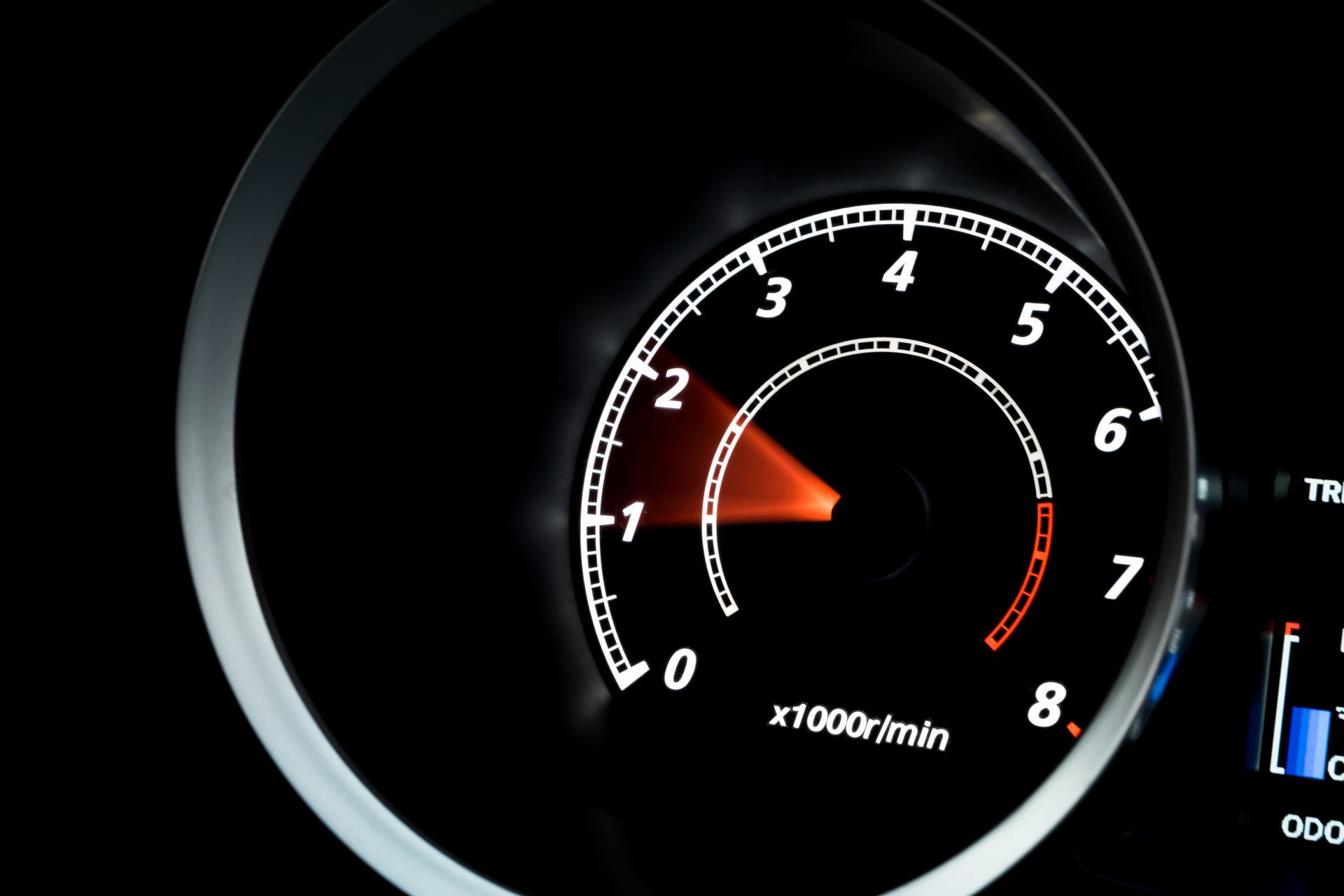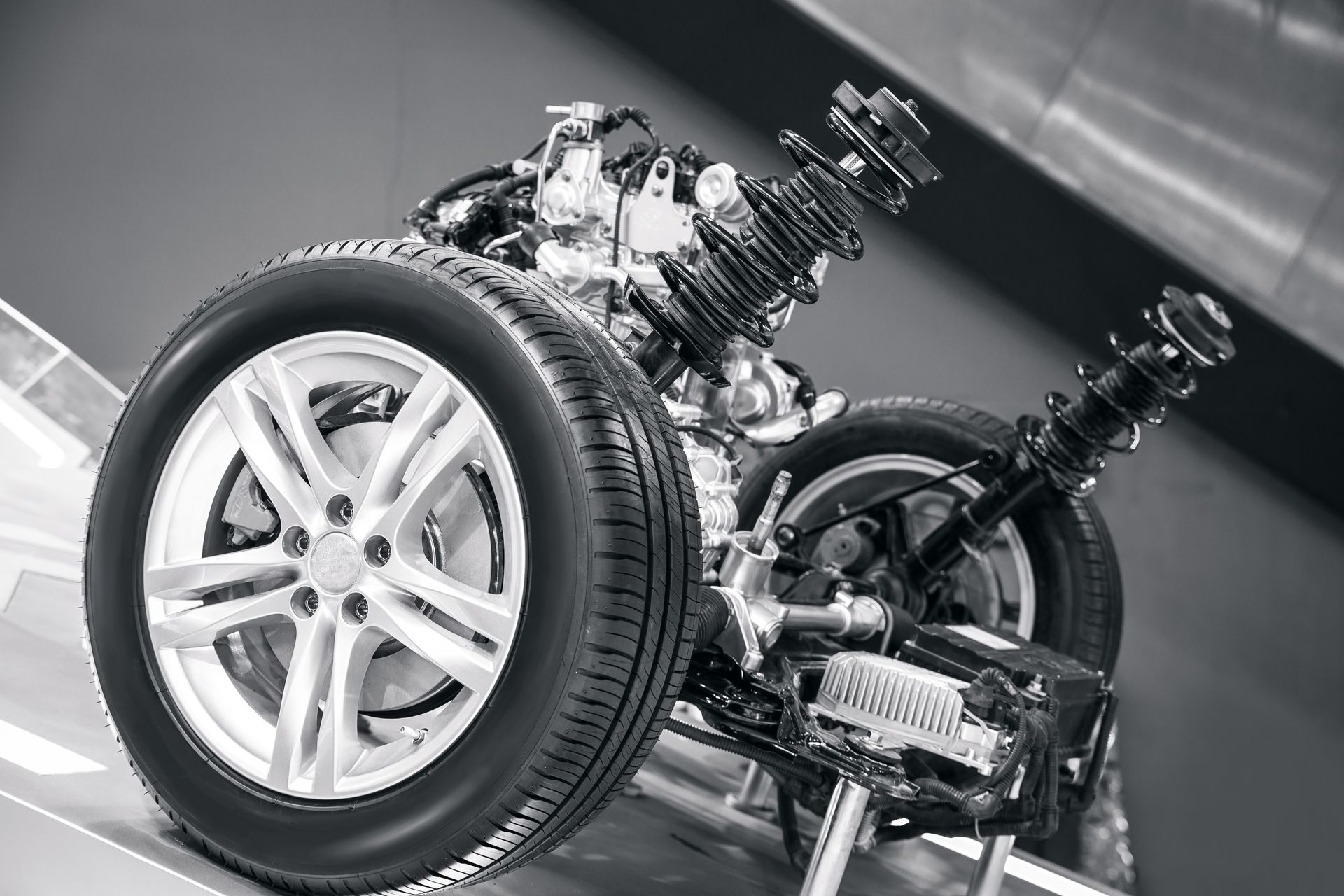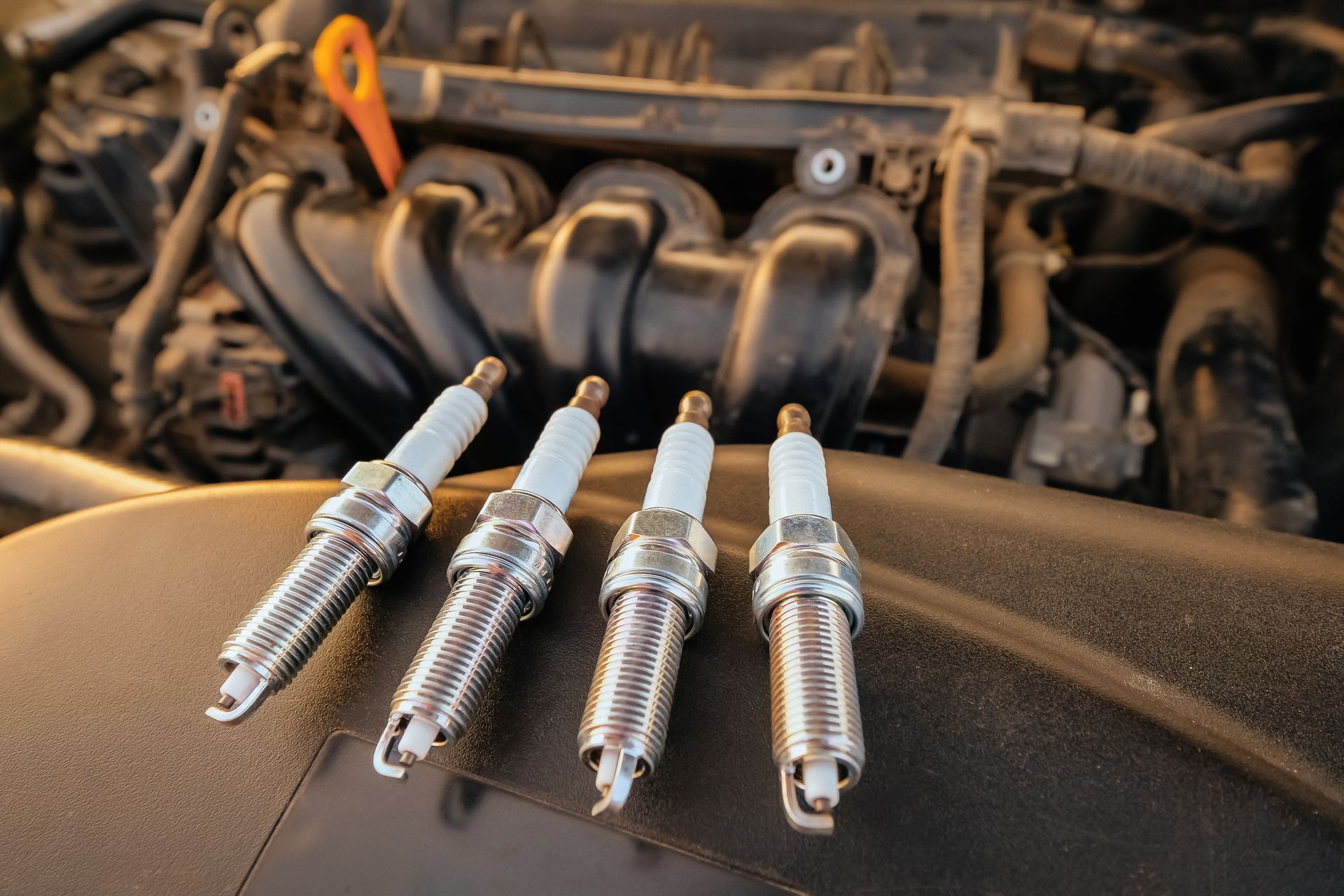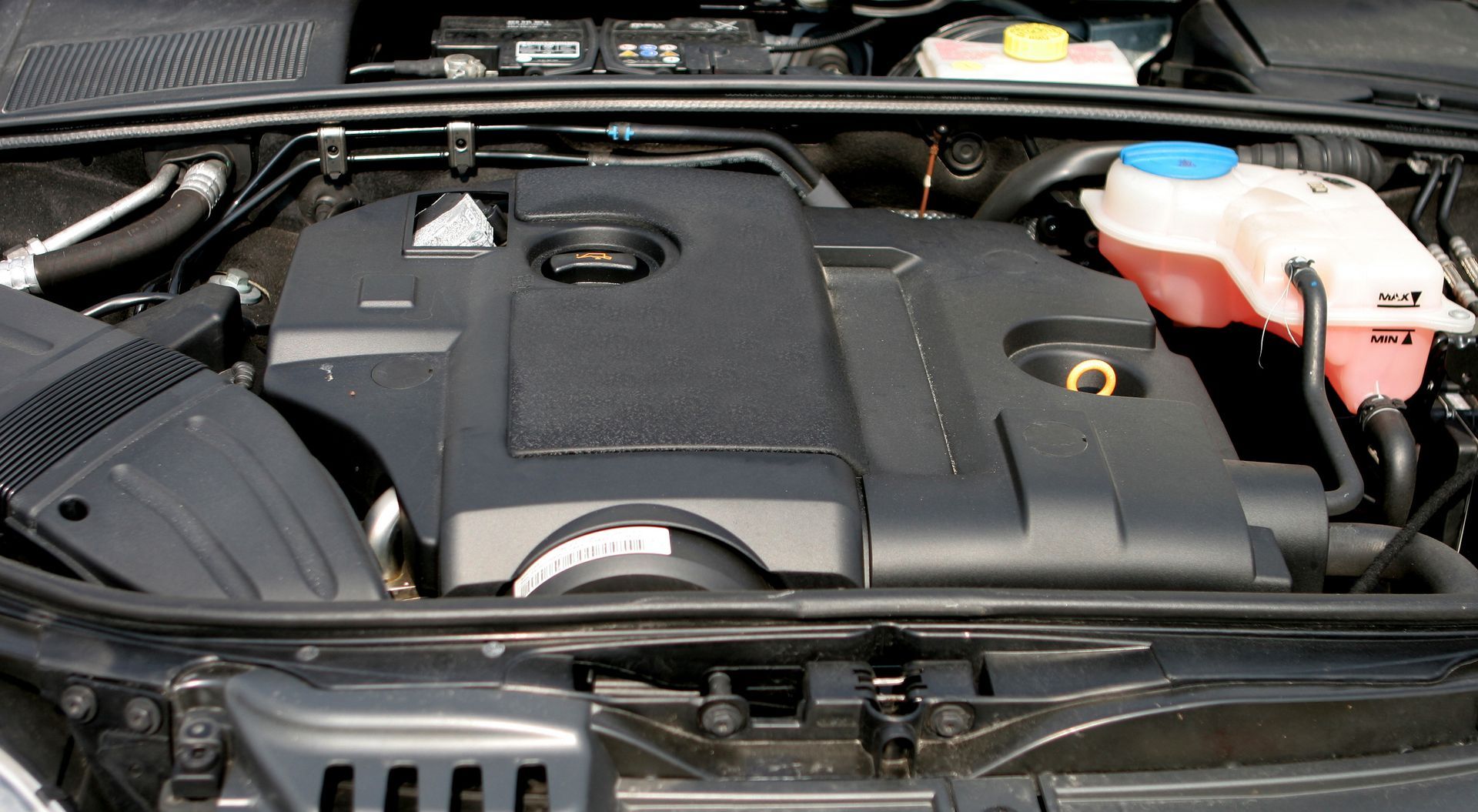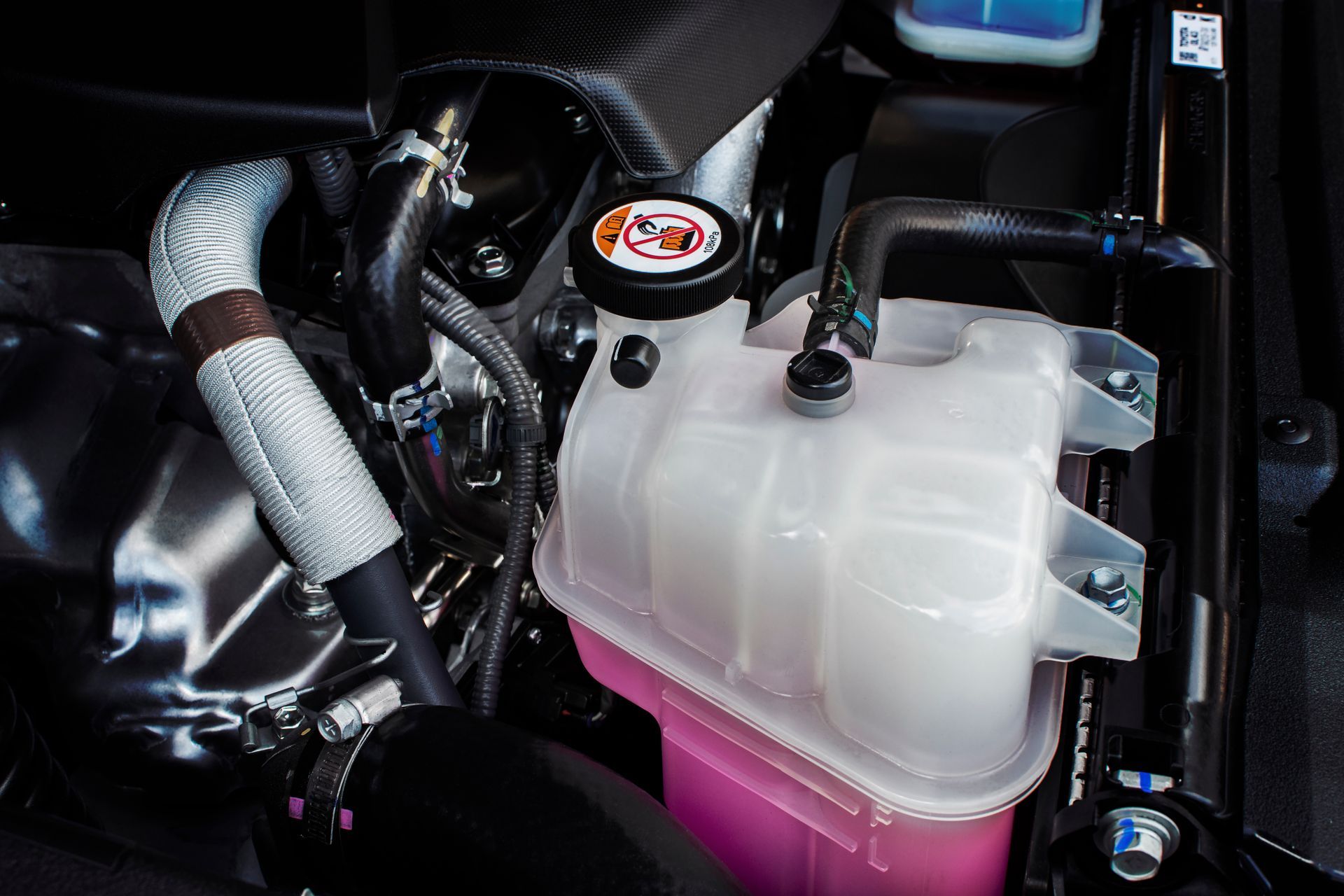In the heart of every vehicle lies a silent powerhouse - the car battery. It's the component that awakens your engine, yet it remains shrouded in misconceptions and half-truths. As we embark on this journey of unraveling the mysteries surrounding car batteries, let's dispel the myths that may have left you scratching your head in the garage. Buckle up; it's time to separate fact from fiction and ensure your car's heartbeat remains strong.
Myth 1: Running the Engine Charges the Battery Completely
Contrary to popular belief, idling your car does not serve as a magical elixir for your battery. While running, the engine does charge the battery to some extent, but it might not reach a full charge, especially if your drives are short and infrequent. A robust charging session through a dedicated battery charger or a longer drive is essential to keep your battery in top form.
Myth 2: Disconnecting the Battery While Parked Extends its Lifespan
The notion of disconnecting the battery when your car is parked for an extended period seems logical, but it's not a universal solution. Modern vehicles come equipped with onboard computers that may lose vital settings when the battery is disconnected. Instead, consider using a trickle charger or driving your car periodically to maintain the battery's charge.
Myth 3: Jumpstarting Damages the Battery
Jumpstarting a car is often viewed with trepidation, with myths suggesting it can harm the battery. In reality, jumpstarting is a safe and effective method to revive a dead battery, provided it's done correctly. Follow the proper procedures, connect the cables in the right order, and avoid sparks. Jumpstarting won't damage your battery, but leaving it discharged for an extended period might.
Myth 4: All Batteries Are Created Equal
Not all batteries are cut from the same cloth. The belief that all batteries are created equal is a myth that can lead to suboptimal performance. Different vehicles require different types of batteries, and factors like climate, driving habits, and the vehicle's electrical demands influence the ideal battery choice. Invest in a battery that aligns with your car's specifications for the best results.
Myth 5: Cold Weather is the Primary Culprit for Battery Issues
While it's true that cold weather can impact battery performance, solely blaming the winter chill oversimplifies the issue. High temperatures can be equally taxing on a battery, accelerating chemical reactions that contribute to its deterioration. Regular maintenance and understanding your battery's condition, regardless of the season, are crucial for its longevity.
For all your maintenance and repairs, make sure to give us at
Gibbon Tire and Auto a call, and we will be glad to help out - keeping your car in perfect shape!
